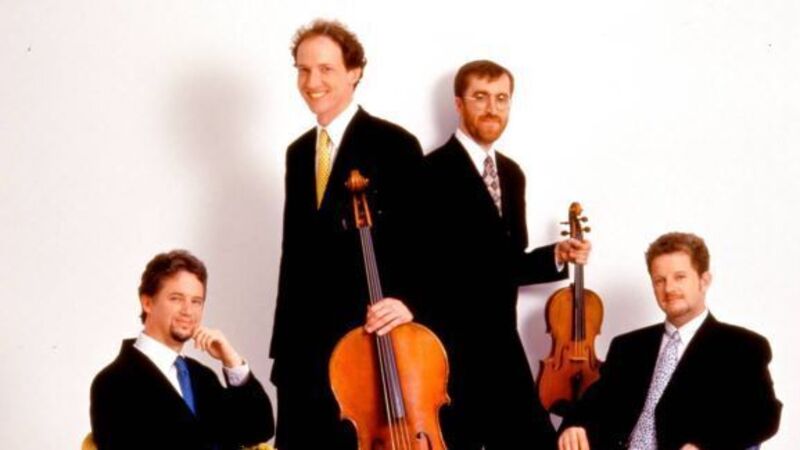Classical review: Crossings: Vanbrugh Quartet and Friends

It was with a huge sense of anticipation that I approached this landmark collaboration between the internationally renowned Vanbrugh Quartet, inimitable vocalist Iarla Ó Lionáird, and contemporary Irish composers who are steeped in the traditional music of Ireland. I looked forward to, at last, hearing the dreams of Seán Ó Riada being realised.
Ó Riada was just one of the many, many Irish composers of the last century who hoped to do for music in Ireland what Bartok in Hungary and Piazzola in Argentina (to mention just two), had done for music in their countries, ie, integrate the folk music of their lands with the great European ‘art music’ tradition… as is successfully being done by composers in China today.












